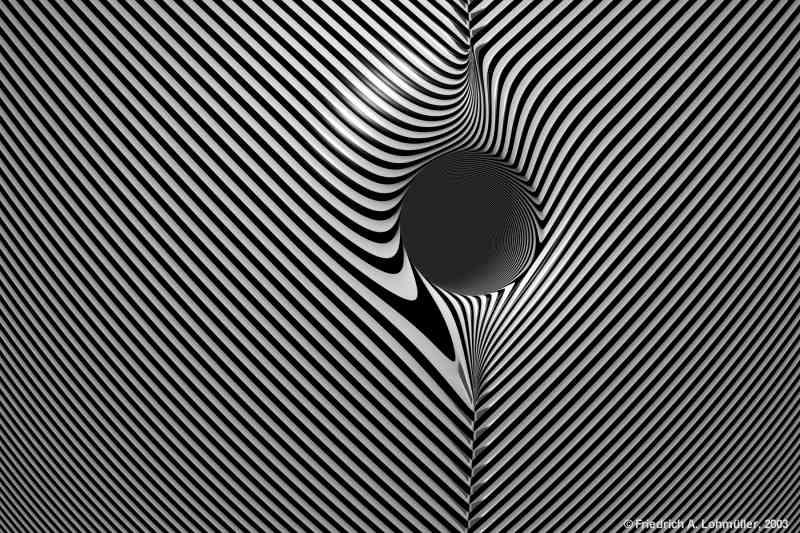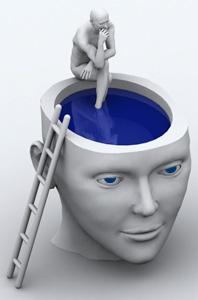If we start with the premise that how we approach the world affects/shapes our ideas, definitions, our identity, our practice, our landscape/environment, our community, then how learning and our community/environment is organized affects teacher practice and ultimately student achievement.
 If we start with the premise that how we approach the world affects/shapes our ideas, definitions, our identity, our practice, our landscape/environment, our community, then how learning and our community/environment is organized affects teacher practice and ultimately student achievement.
If we start with the premise that how we approach the world affects/shapes our ideas, definitions, our identity, our practice, our landscape/environment, our community, then how learning and our community/environment is organized affects teacher practice and ultimately student achievement.
Cochran-Smith & Lytle (1999) break this notion of teacher learning down into three conceptions: knowledge for practice, knowledge in practice, and knowledge of practice. In order to get at learner transformation and change, we need to understand the underlying assumptions that inform the teaching and learning archetype; we need to know how and why things are the way they are before we can attempt to change or improve upon them.
Knowledge for Practice
In the knowledge for practice conception, knowledge is that which is produced by others for teachers to use. This conception of teacher learning embodies a level of correctness based on a “distinctive [teacher] knowledge base” governed by conventional scientific methods that "yields a commonly accepted degree of significance, validity, generalizability, and intersubjectivity" (Cochran-Smith & Lytle, 1999, p. 255 referencing Fenstermacher, 1994, p. 8).
This conception creates a divide between knowledge informed by practice and received knowledge codified in educational literature (this division is often considered as the schism between theory and practice). The knowledge for practice conception of teacher learning also emphasizes a categorical difference between expert and novice teaching. As such this division defines teachers as receivers of knowledge and not co-creators of knowledge. The teacher’s role is “to solve problems by implementing certified procedures rather than to pose problems based on their first-hand observations and experiences” (259).
Knowledge for practice brings us to the idea of best practice – generalizable behaviors and techniques that are verified and acknowledged as effective. The problem with such a conception of practice is that best practices are not necessarily presented as situated in a specific context. We might also ask how does one evaluate best practices? How do we know what’s best in a variety of contexts? Are best practices really generalizable? If so, on what scale? Who decides which practices are best? Who determines what gets published or adopted by others? These questions also bring to light underlying notions of power, agency, and hegemony in terms of how knowledge is formalized.
Most professional development programs are based on transmitting best practices (i.e., best practice drives professional development); expertise is assigned to those teachers who regularly demonstrate best practices. What is important to note is that the knowledge for practice conception foregrounds formal knowledge as the basis for improving teacher practice. It discounts the notion of practical or informal knowledge that is a large part of everyday practice. Knowledge in Practice
Knowledge in Practice
The second conception of teacher knowledge presented by Cochran-Smith & Lytle is the idea of knowledge in practice. This conception foregrounds teacher practical knowledge as the basis for improving teacher practice. Here practice is situated and constructed in response to everyday happenings within school, and as such, teacher knowledge is acquired through experience and through considered and deliberative reflection about or inquiry into experience.
To improve and enhance practice in the knowledge in practice conception, teachers need to be able to inquire about their practice, they need time to reflect, and to be able to articulate the tacit knowledge embedded in their experiences. This conception recognizes the importance of collaboration and facilitation among peers and research professionals, requiring a shift from the knowledge for practice view. The knowledge in practice conception of teacher learning acknowledges the sociality of the teaching and learning environment and clearly problematizes the formal/informal knowledge distinction. Here, the teacher is a craftsperson, a mediator, and an actor-upon the formal knowledge base.
While the knowledge in practice conception of teacher learning attempts to synthesize the notion of formal/informal knowledge, the third conception of teacher learning shared by Cochran-Smith & Lytle strives for emancipation of what it means to know, to be, to become. Knowledge of Practice
Knowledge of Practice
The knowledge of practice conception of teacher learning stresses that through inquiry, “teachers make problematic their own knowledge and practice as well as the knowledge and practice of others and thus stand in a different relationship to knowledge.” (273)
The knowledge of practice conception:
- focuses on a phenomenological approach to learning (socially constructivist, critical, fluid, and dynamic);
- does not distinguish between experts and novices;
- emphasizes social responsibility;
- regards knowledge as emergent;
- focuses on local contexts of teaching and learning, i.e., “what goes on inside the classroom is profoundly altered and ultimately transformed when teachers’ frameworks for practice foreground the intellectual, social, and cultural contexts of teaching” and learning; (276) and
- presents a notion of teacher practice as practical, critical, political, and intellectual as embodied in the writings of Freire (1970), Giroux (1988), and Kincheloe (1993).
This critical framework looks at larger social structures and roles and how they influence teaching and learning in issues like social justice, critical pedagogy, diversity, oppression, hidden agendas, etc. In this sense teaching is seen as a political act and cannot be separated from what is being taught, how it’s being taught, and what becomes of the results.
For the knowledge of practice conception of teacher learning, teacher inquiry provides the social and intellectual context in which teachers, at all points along their professional lifespan, adopt critical perspectives of their own assumptions as well as the theory and research of others. Teachers who adopt this framework also connect their work in schools to larger social and political issues, exploring and explicating notions of the status quo.
Part of the goal of this conception is to professionalize teaching and bring about social/educational change by enlarging the teacher’s role as a decision maker, consultant, curriculum developer, analyst, activist, and school leader.
 ---
---
I find these conceptions of teacher learning to be quite revealing on many levels. They attempt to expose the assumptions that lie beneath the surface of how teacher learning and teachers’ roles are often framed.
I guess my greatest concern is that many teachers are in roles that they find uncomfortable or ill-fit. Without exposure to conceptions like the ones cited above, will they be able to adequately address their situation? If these teachers do not have an opportunity to explore feelings of inadequacies, how can they expect to change their situation?
Cochran-Smith & Lytle also note that teachers cannot expect to improve their practice on their own; it takes a willing community to support growth, change, and development. Taking a close look at one’s practice is risky; it takes courage to admit you may be doing something wrong.
I think Cochran-Smith & Lytle also point indirectly to a conception of teacher as learner. When a teacher defines him or her self as a learner, the notion of expertise can be shared within the teaching and learning environment. In this sense knowledge is not necessarily received, but is constructed; it can be interrogated, elaborated, applied, reflected upon, and critiqued. As such, teaching and learning can be equated with action and problem posing to local and larger sociopolitical situations.
I shared this article with a class I am participating in on Teacher Learning and Professional Development. The one person who had the most difficulty with the conceptions noted above was a school principal. He was attracted to the idea of knowledge for practice (teacher as receiver) and knowledge in practice (the value of teacher practical knowledge), but it seemed as though he had a hard time conceiving how to manage a school of teachers who identified themselves as leaders, activists, questioners of the status quo. When administrators see themselves as management experts, it seems the concept of knowledge of practice might feel a bit threatening.
Cochran-Smith & Lytle clearly spell out the emancipatory power of a true learning organization, where all members of the teaching and learning environment consider themselves learners. While such a stance is threatening to some, such a position recognizes the social, political, and economic importance of critical pedagogy and practice. And if teacher do not take an activist stance in defining their practice, their identity as professionals, then who will?
Reference:
Cochran-Smith, M. and S. L. Lytle (1999). "Relationships of knowledge and practice: Teacher learning in communities." Review of Educational Research in Education 24: 249-305.
Source: Christopher D. Sessums
License: Creative Commons - Share Alike
